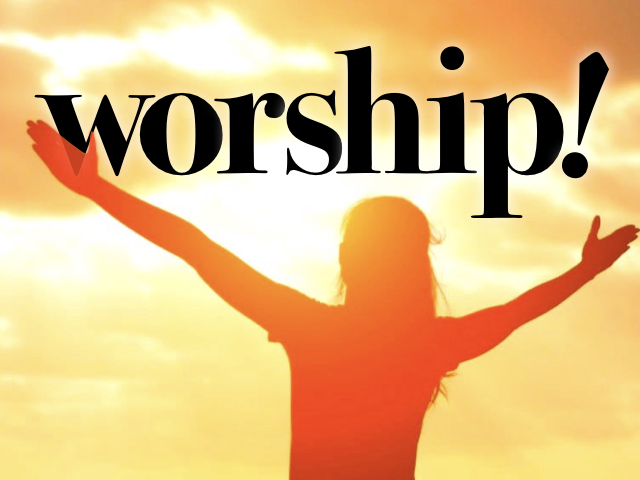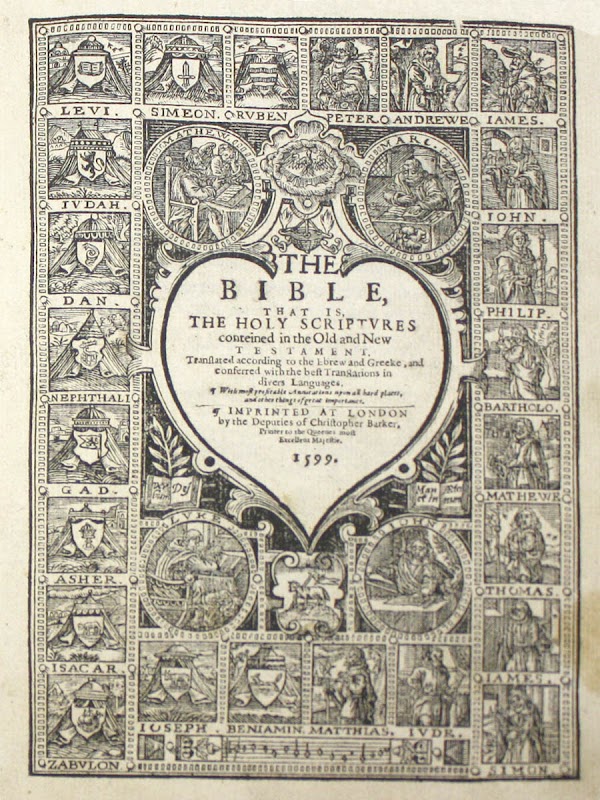
The United States has a separation of church and state.
Yeah, there are plenty of
First, Article 6 bans religious qualifications for office. You don’t have to be Christian; you don’t have to not
The Senators and Representatives before mentioned, and the Members of the several State Legislatures, and all executive and judicial Officers, both of the United States and of the several States, shall be bound by Oath or Affirmation, to support this Constitution; but no religious Test shall ever be required as a Qualification to any Office or public Trust under the United States. Article 6, ¶3.
Other countries (i.e. the United Kingdom, from which the United States separated) do require a religious test for certain office. For obvious reasons: The UK’s parliament funds the Church of England, and appoints its bishops. So if Brits didn’t know the religious sentiments of their elected ministers, the worry is they might internally corrupt the Church of England. It’s not a worry now; the current prime minister, Boris Johnson, is nominally
Whereas the United States’ founders wanted a government where no religious faction was banned; Catholics could run for office, same as Anglicans, because we wanted it clear England’s old religious wars were not happening here. So the Constitution bans religious tests. We’re not gonna ban Catholics—even though there were a lot of years where anti-Catholics fought tooth and nail to make sure we never elected any. And today, even though there are anti-Muslims and anti-atheists in the electorate, Muslims and atheists too can hold office.
Next, obviously, is our First Amendment.
Congress shall make no law respecting an establishment of religion, or prohibiting the free exercise thereof; or abridging the freedom of speech, or of the press; or the right of the people peaceably to assemble, and to petition the Government for a redress of grievances. Amendment 1
That first clause—“respecting an establishment of religion”—bans Congress from creating an official, or established, religion of the United States. Many American colonists came here to specifically get away from state religions (though, in the case of Massachusetts and many other colonies, it was so they could set up their own state religions). Religious differences were a regular point of friction whenever the colonies tried to unite. Or go to war; our pacifist Quakers refued to even countenance the idea, and it took a lot of maneuvering to get ’em to at least not vote against our Revolution. So the goal was to keep the national government altogether out of it.
The Constitution makes the United States officially non-sectarian. Arguably it’s even secular… although that’s hard to argue when our national motto is “In God We Trust.”
So should a non-sectarian government, mandate prayer? Absolutely not. But that’s what school prayer is.








